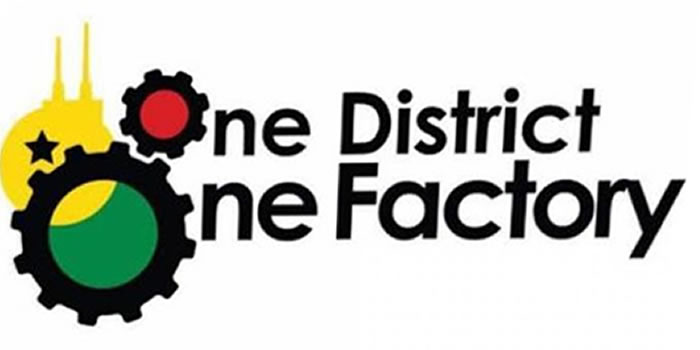

The health delivery system is fairly good. The assembly has two hospitals at Kibi and New Tafo and a number of health centres and Maternity and Child Health Care Centres (MCH) offering health services to the people. These notwithstanding, there still exists a number of problems relating to diseases and access to the services. Table 2.17 Show the existing health facilities available in the district
Access to health facilities is indicated in table 2.17. From Kwesi Komfo in the extreme south to Bunso towards the north and along the Accra-Kumasi road corridor are located a number of health facilities. This shows a fair geographical access to health services. The Municipal Hospital at Kibi has been rehabilitated, while supply of drug has also improved significantly. The Outreach clinics also make drugs available to the communities during their visits to the hinterlands
The assembly has a number of health facilities indicated on table 2.18. The staffing situation has improved compared to the situation under the GPRS 1. There are only 5 doctors operating in the district compared with the number of health facilities indicated in table 2.18 and the district population of 110,964. Doctor: Population Ratio becomes 1: 64,692 far below the national ratio.
In all, 91 nurses in sub-district levels providing health services to the people. Other professionals including one pharmacist, 7 dispensary officers and one laboratory technician are inadequate to effectively meet the health needs of the people. At least two more doctors, one pharmacist, two X’ ray and laboratory technicians, and about 100 nurses are required.
Reported cases of diseases from 1999 to 2002 are given in table 2.20 .Malaria continues to be the leading disease inl the years as indicated in 1999 and 2000 in table 2.21.
Child immunisation rate is very high . The percentage of children of under one year fully immunised is 96% compared with the national average of 78.0%. Table 2.18 provides details of the child immunisation since 2003.
Expanded Programme of Immunisation
The Expanded Programme of Immunisation (EPI) covers various diseases such as Tuberculosis, Measles, Penta 3 (Haemophilis, Influenza, Hepatitis B) vaccine against polio and yellow fever. From the table 2.22 below, the achievement rates of immunization from 1996 had appreciated especially for 1999. For example immunization against yellow fever fell from 143% in 2003 to 90% in 2004 and rose again to 97% in 2005.
Achievement rates of various categories of child immunization have been provided to give a clear picture of the state of child health care delivery in the Abuakwa South Municipal. Due to the involvement of men in health activities, coverage has improved slightly over the years. Health education programme have also been extended to all parts of the district to improve upon coverage.
NHIS and MHIS
National Health Insurance Scheme
1. The NHIS was established on 19th April, 2004. By mid 2006, a total number of 21,742 people have been registered. Total premium contributed stood at ¢432,000,000, while total claims of ¢195,380,482.00 have been settled.
2. Projection For 2006/2009
The scheme projects to register 75,000 (71%) people by 2009. The scheme anticipates a corresponding rise in claims to five billion (5b) within the same period.
3. Problems / Constraints:
In carrying out the aims and objectives of the NHIS (EADA) effectively, the scheme is seen to be beset of a lot of problems or challenges and amongst them is identified below:
- Lack of vehicle to aid sensitize and monitor the activities / facilities of the scheme.
- Inadequate personnel to assist in MIS and the claims department.
- Single parenting and High dependency ratio.
- Inadequate funds for monitoring.
- The abuse of the health facilities by the client.
4. Staff Strength.
The scheme has a total number of 10 workers. Out of these, 5 constitute the core management team, 3 are data entry clerks, while are 2 for security. Nevertheless, the staffing gap could be filled by at least 7 more.
MHIS annual report.
The Abuakwa South Mutual Health Insurance Scheme (MHIS) has taken off in full gear. Like most of the other schemes being run in various metropolitan, municipal and district assemblies, the response to the scheme is mixed but managers of it have some impressive report for the public.
Date Created : 11/24/2017 3:05:52 AM










 facebook
facebook
 X
X
 Youtube
Youtube
 instagram
instagram
 +233 593 831 280
+233 593 831 280 0800 430 430
0800 430 430 GPS: GE-231-4383
GPS: GE-231-4383 info@ghanadistricts.com
info@ghanadistricts.com Box GP1044, Accra, Ghana
Box GP1044, Accra, Ghana